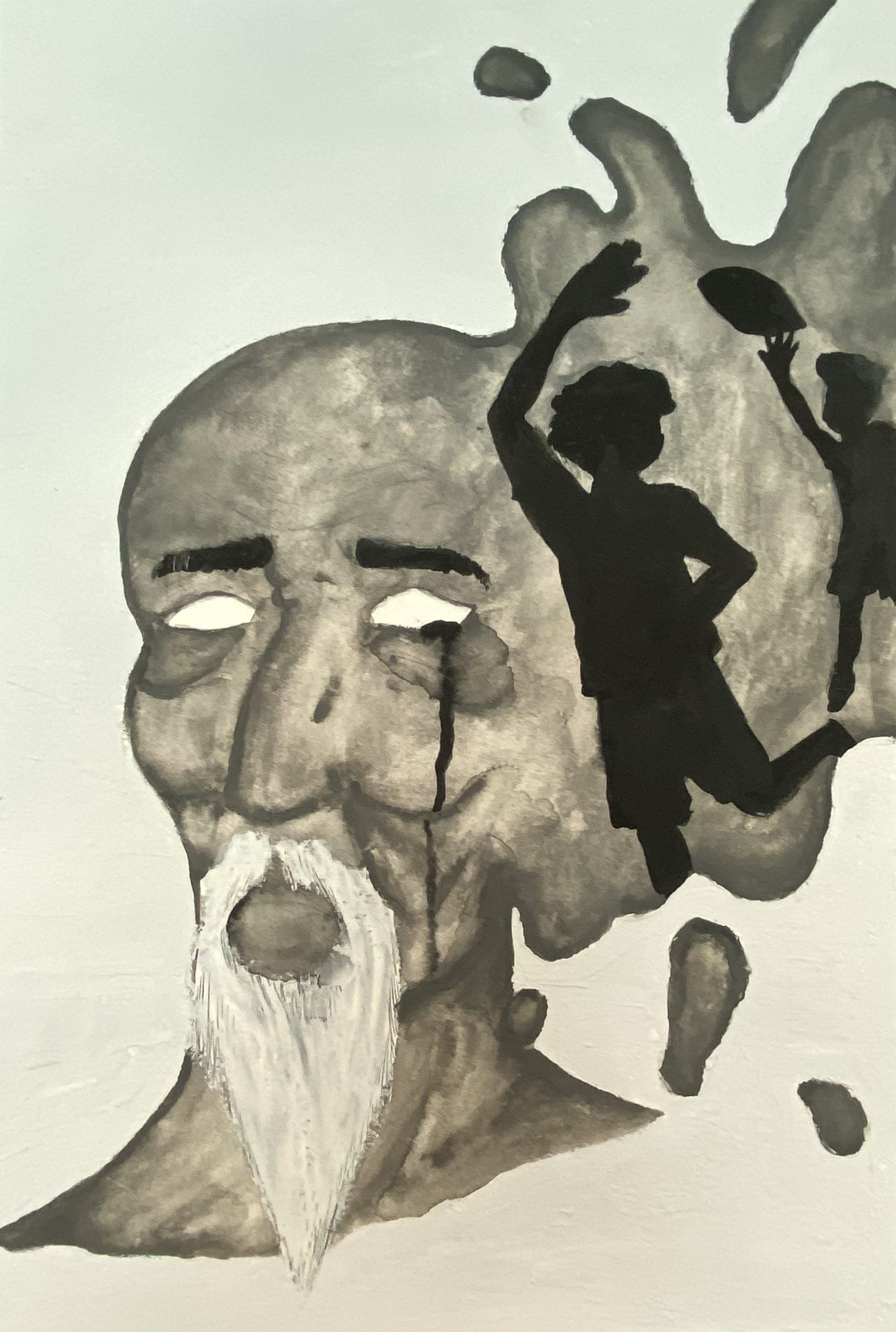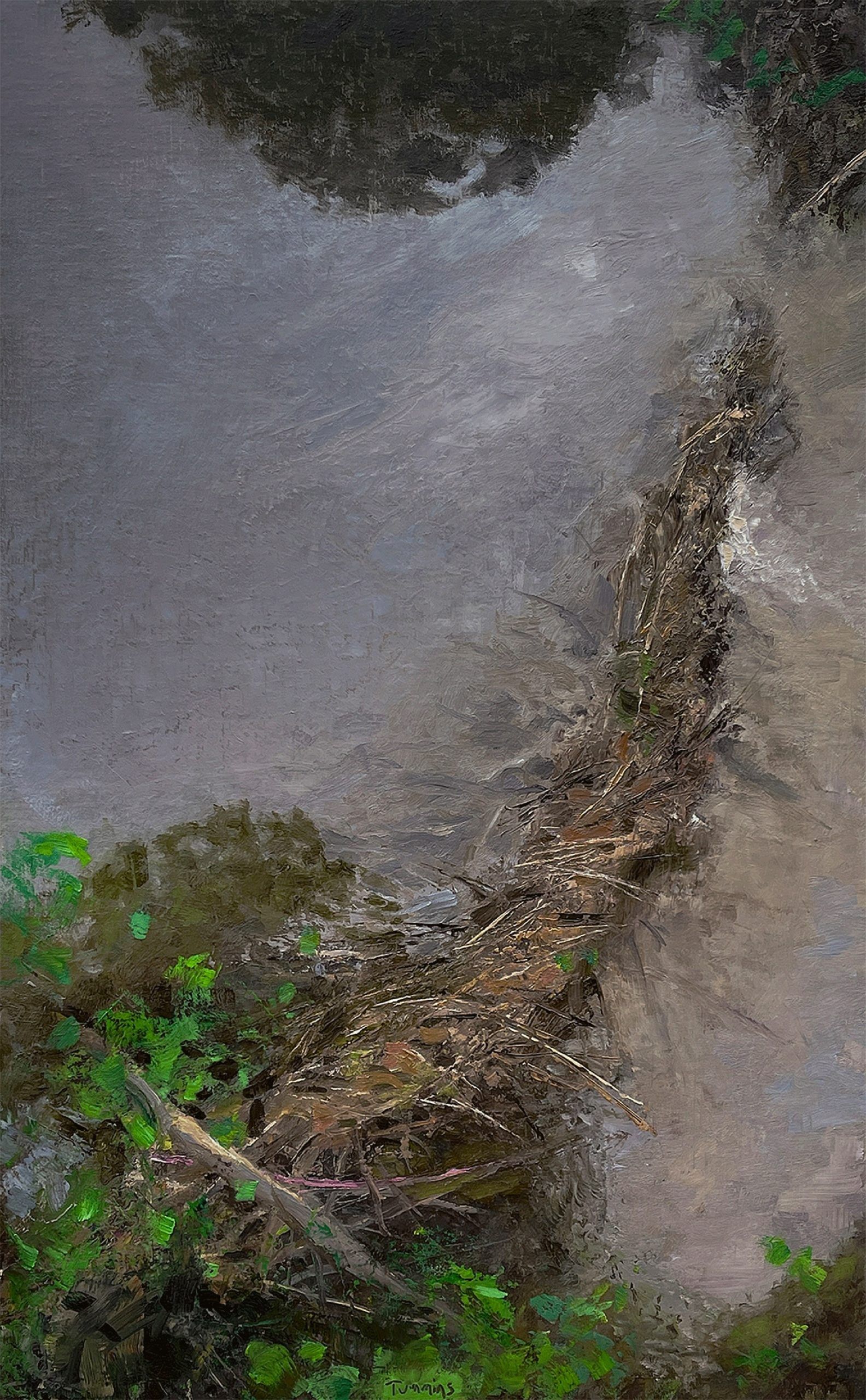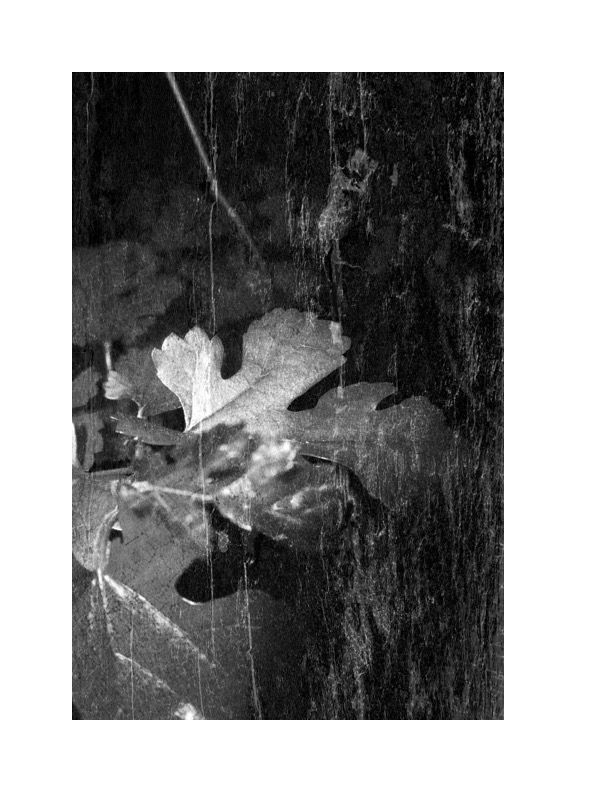Poetry

The Going
Had a line without a poem with a horse on fire.
Thought, I should write that down before it’s gone.
Worked the door last Halloween past afterhour,
reading Oliver Stone’s dour script for Conan
on my iPhone, thought about what goes unmade,
how there must be unbearable solitude in achievement.
Best not to speculate. Didn’t the Barbarian’s creator,
Robert Howard, die from self-inflicted wounds,
quoting lines from ‘House of Caesar’ in the West?
There must be a thousand big goons in a boomtown.
When a man thinks about the past he becomes kinder,
KINDER, Andrei Tarkovsky said. I suppose
it’s the look of compassion you see on stallions in public
monuments, the bowed chin, on bit, bones in
lingual tension, or behind the restrained pose horseface
Conan assumes in Frank Frazetta’s illustrations.
I practice it in flashes on the backbar’s mirrored glass –
something that can take a hit, my gait as, my heart as.
I fake I’m watching Eoghan cut gain onstage
or the Melbourne Cup on TVG. FanDuel.
I learned the horses doing nights a yearlong,
working the door unlatched, letting Denil in again
to mop gore from his face, giving him shit, my shirt,
as though brute strength’s its own costume.
You might say Conan was a product-of-his-world like
real punters talk about conditions of The Going –
the green turf goes you hard & heavy, good or good.
To firm -to soft, soft – pliant enough to fall through
to the underage of earth, stirring in its soaked
fur like some antediluvian beast. Man, though,
naked, big, and dull as I’d look in the Hyborian Age,
I could forecast a foal. I could make its book
a line without a poem like my life for hire.

Contingent Faculties
Midmorning abeam, abuzz, aubade about
walking our old block, applauding the view
that Yonkers is fair facsimile of my twenties. I can’t.
I can’t unthink pariah dogs queuing on rain’s garnet,
canines bared like tracer bullets at the street – nothing new
about collaborating with synecdoche of oneself.
The past. I could touch it almost, open
the day like a devotional book, work its clasp like
a dog’s flews and stare down its gullet, gasp
into living dark. Wycliffe called it
vtmer derknessis in St. Matthew’s account
of the healing at Capernaum (the desperate centurion
with his palsied son), translating Christ’s address as Parable of the Weeds.
Ther schal be wepying and gryntyng of teeth.
My mind works through this forecast of tears
and how it was ten years before I first came to New York
that I last took the bus from Echo Industrial Park,
believing it possible, then, to be reborn as morning
is, shedding night’s clothes at the close of shift.
Now I dog the blunting of an uncertain future
at midcareer. Health to the new bosses, sure.
As Christ sat at meat in Matthew’s house,
loud as a beaten dog, perhaps my namesake knew
the thousand ways to be shameless in a small town.
Perhaps knew that for small men, leaving leaves
nothing to choose between living & the life.
workworkworkworkworkworkworkworkworkw
orkworkworkworkworkworkworkworkwor
kworkworkworkBEASTworkworkworkwork
workworkworkMANworkworkworkwor
kworkworkworkworkworkworkworkwork

Asking Why on the White River
Asking why on the White River,
you tell me about the time you tried
to kill yourself, dropping to the side
of a California highway.
Later that night
I’m spitting tobacco juice down the drain,
remembering how I laid crucifix in the grass,
touched it with trembling hands in triumph
at the memory of a near six year drawl
prophesying over me: the grass
would never be greener.
Known only by the glow of cheap cigars
I tell you why I won’t sing hymns.
You tell me you were in love once.
I ask myself how to know what it feels like
and why time is a mechanism
of middle grade clarity.
The spin and ache of hours draws truth
from history, admissions staining the water
in incantations of suffering. Nicotine
behind my eyes, beneath my tongue
like a rudder as I say to the sky
I never wanted the grass.
I wanted what is now in front of me:
tall trees casting silhouettes on black water.

Neighbor
When the next-door neighbor
Molotov cocktailed our house
just after a midnight in June,
all four of us were asleep, we
who’d moved back home to the
Pacific Northwest after two
decades of lake effect snow,
thanks to those bodies of water
known as the greats. Their
delivery, similar to his, dropped
a cold so quick we’d often wake
like we did when the firemen
lumbered through our house
that hot night. Sometimes, the
Michigan snow kept closed
all that could open. Sometimes,
our next-door neighbor stood
out in the rain, his neck craning
at the possibility of drones above.
Snow can fool you, if you look
at it long enough. Everywhere
starts to look like it’s down.
If you don’t have an opening,
thoughts can take you there,
too. At the trial, our next-door
neighbor confessed to thinking
we were the bad neighbors from
years ago. I opened a door in the
place where I live. I asked him to
come inside.

Dumpster Balloons
As I opened the dumpster
to empty the week’s trash, birthday balloons rose
to greet me, as if bonded to the lid,
charged with anticipation.
I scrambled to shut them down
yet they kept rising, obedient to unseen forces
brazen they squirmed toward
the black open air.
How vast the continuum of emotions
permissible each moment on earth.
A Ukrainian couple proclaims their vowels
while dressed in army fatigues,
flower petals decend upon the same ground
pierced each night with metal-cased shells.
Shirtless boys giggle while dribbling a ball
across the dusty floor of refugee camps.
A celebration for being alive,
a witness to one more orbit,
even with the hurt, the bitterness,
the weight we carry.

Wilting Winters
I ponder on the idea of great fields,
Petals falling from yellow roses,
How their stems wither upon departure.
The winter mornings resist blooming,
Dandelions carried away until spring,
Frost creeps over their corpses.
Their memories live in the depths of summer,
November air fades the tint,
And no small hands
Reach for them to carry inside before dinner,
As mom cooks over the oven,
And dad comes home too late.
The grass of the fields never stops swaying, even
As the air begins to dim
And flowers bend.